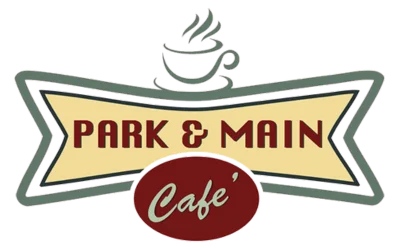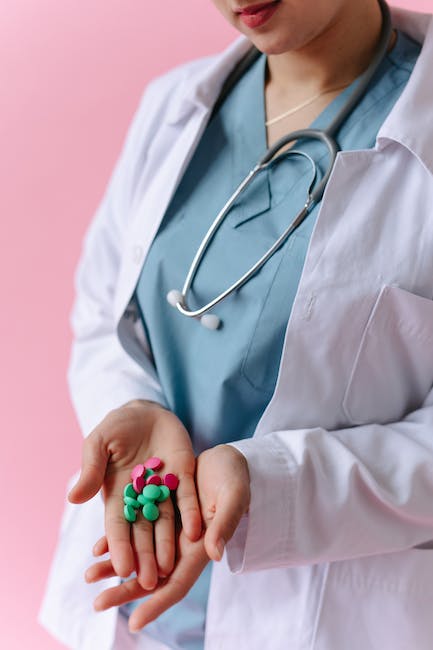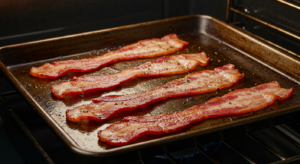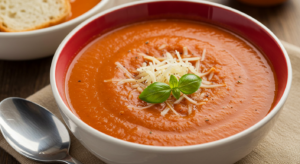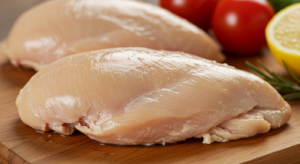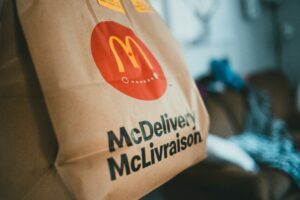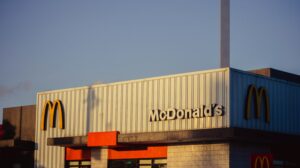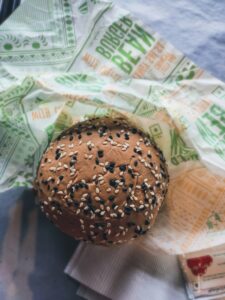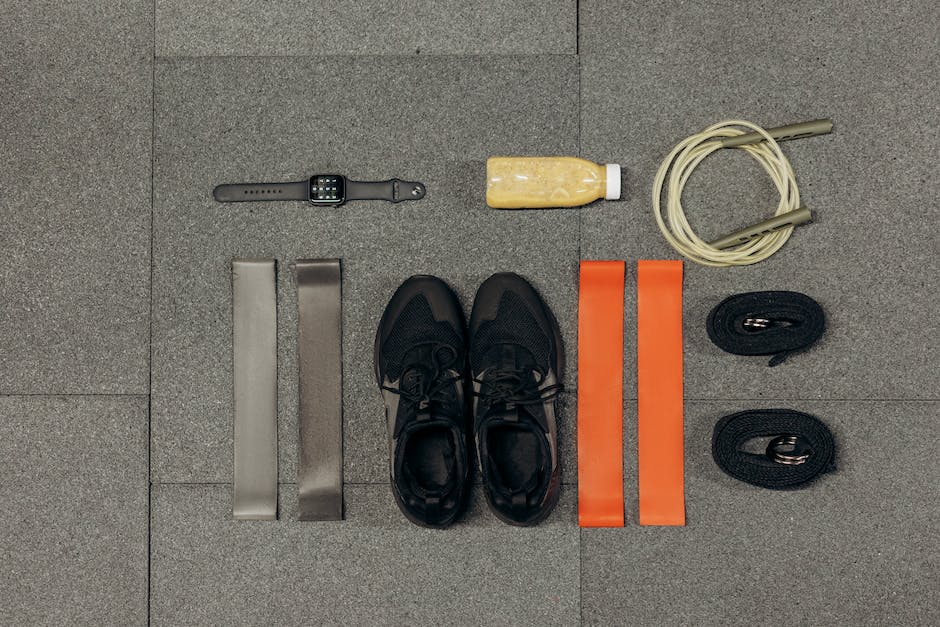
Emphasizing a Low-Fat Diet
After a gallbladder removal surgery, it is essential to emphasize a low-fat diet in your daily meals. Since the gallbladder aids in digesting fats, your body may not handle high-fat foods well post-surgery. It is recommended to stick to foods containing less than 3 grams of fat per serving at first.
To help your body adapt to functioning without a gallbladder, plan your meals with a focus on low-fat and fat-free dairy products, lean proteins, and plenty of fruits and vegetables.
The First Week After Surgery and The Diet Plan
The first week after surgery is crucial as your body is still recovering. It’s essential to eat mild foods and drink plenty of water to stay hydrated. During this time, concentrate on liquids and soft foods like soups or broths.
Introduce solid food back into your diet gradually, paying attention to how your body reacts. If you experience discomfort with certain foods, delay incorporating them into your diet for a while longer.

Avoiding Fried and High-Fat Foods
Fried foods and high-fat foods can cause discomfort and may lead to diarrhea and other changes in bowel movements after gallbladder surgery. You should also avoid foods that naturally possess high fat, such as red meats, full-fat dairy, and fried snacks.
Opting instead for lean proteins, such as chicken, turkey, or fish, could be beneficial for your digestive health in the long run. These foods are lighter on the digestive system and promote a healthier healing process.
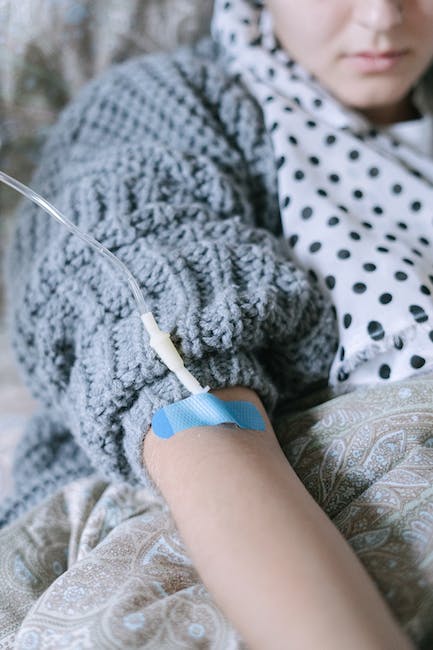
Consuming Lean Proteins
Lean protein is a critical part of your diet after gallbladder surgery. It contributes to your body’s healing process by providing ample energy and essential amino acids your body requires.
Choose proteins that are low in fat. Anything grilled, broiled, or baked is a great option. Opt for lean meats like chicken, fish, and turkey, and pair them with whole grain bread or rice to create a balanced meal.
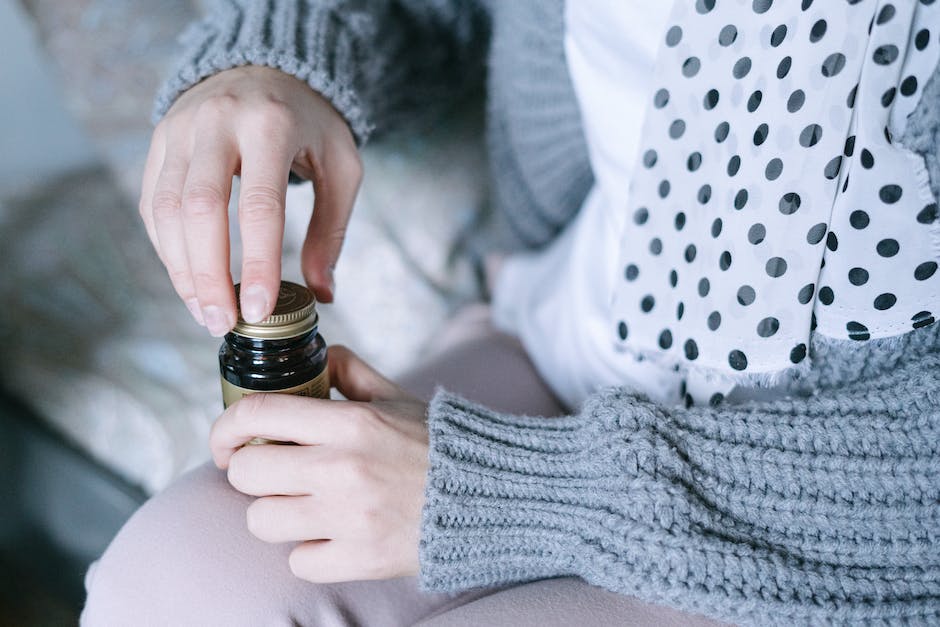
Adopting Smaller Meals Throughout the Day
Consuming smaller meals more frequently can help your body digest food better post-surgery. Larger meals may overwhelm your system due to the intensity of digestion, which could stir up discomfort.
Eating five to six small meals throughout the day can help manage symptoms like bloating or gas. This approach keeps your digestive system running smoothly without overwhelming it.
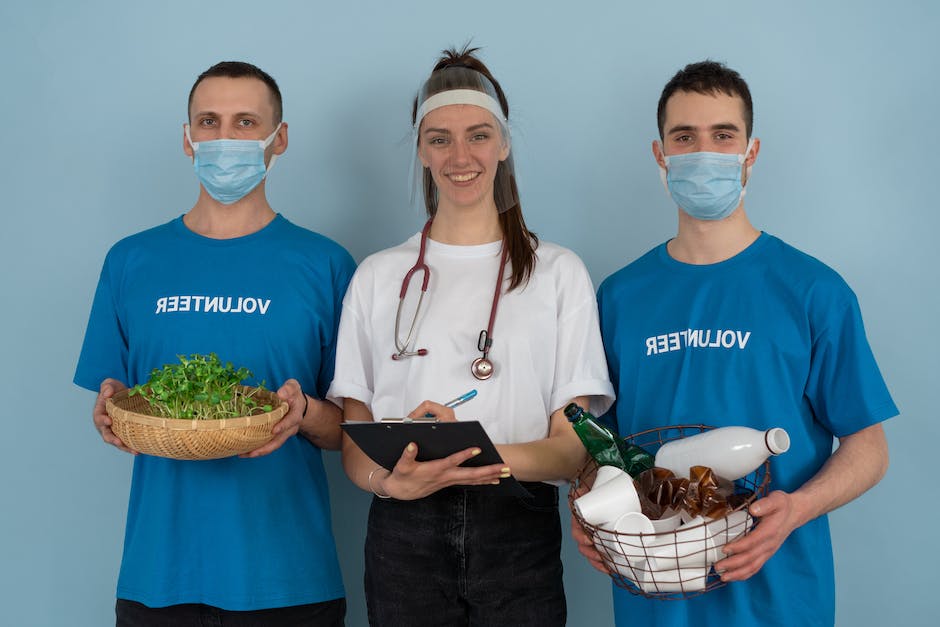
Introducing Solid Foods Slowly
You should introduce solid foods into your diet gradually following surgery to avoid discomfort. Start slowly with soft foods and liquids before transitioning into harder consistencies.
Taking the step to introduce solid foods should be a gradual process. Begin with fruits such as bananas and slowly add in different textures and richness as your body adjusts to the digestion process without a gallbladder.

Ensuring Adequate hydration
It’s important to stay hydrated post-surgery. Drinking plenty of water can help keep your digestive system functioning properly and alleviate common post-operative side effects such as constipation or dry mouth.
However, restricting your fluid intake during meal times could prevent your digestive system from getting overwhelmed since large quantities of liquid can provide a ‘flushing’ effect.

Avoiding Spicy Foods and Stimulants
Avoid caffeine, alcohol, and spicy foods in the weeks after surgery as these can cause digestive upsets. These types of food and drink can stimulate the digestive system strongly, which is not ideal while you’re healing.
Similarly, foods that cause gas, such as beans and broccoli, should be avoided initially. As your system adjusts to the lack of a gallbladder, you can gradually reintroduce these foods.

Incorporating Dairy Products with Caution
Consider using low-fat or fat-free dairy products in your diet after gallbladder removal. However, be cautious about consuming lactose, as your body may have more difficulty processing it.
If you notice lactose is causing discomfort, consider alternatives like almond milk or soy products. There’s a wide array of lactose-free dairy options you can try until you find ones that best suit your digestive system.
FAQ
Why Do I Need to Eat a Low-Fat Diet After Surgery?
After gallbladder surgery, your body has a harder time digesting fats. Sticking to a diet low in fat can minimize discomfort and potential digestive issues.
Is It Necessary to Stay Hydrated?
Yes, staying hydrated is crucial for recovery. Dehydration can lead to constipation, a common issue after gallbladder surgery.
Can I Start Having Solid Foods Immediately After Surgery?
No, it is recommended to introduce solid food back into your diet gradually. Start small with liquids and soft foods.
What Kinds of Lean Proteins Should I Have?
Choose lean meats like chicken, turkey, or fish, which won’t overwhelm your digestive system.
What Should I Avoid in the First Week After Surgery?
Avoid hard-to-digest food, including fried foods, high fat foods, and spicy foods in the first week after surgery.
Why Should I Opt for Smaller Meals?
Smaller meals are easier for your body to digest without a gallbladder and can prevent common side effects such as bloating or gas.
Should I Completely Avoid Dairy Products?
No, not necessarily. However, you may experience difficulties digesting high-fat dairy products or lactose post-surgery.
Why Should I Avoid Spicy Foods?
Spicy foods can stimulate the digestive system strongly, which is not ideal post-surgery. Doing so could lead to discomfort and upset stomach.
Can I Drink Coffee After Surgery?
It is advisable to refrain from caffeine immediately after surgery as it can stimulate the digestive system.
How Many Grams of Fat Should a Meal Serving Contain?
Generally, a meal serving should contain less than 3 grams of fat while your body is adapting to the gallbladder removal.
